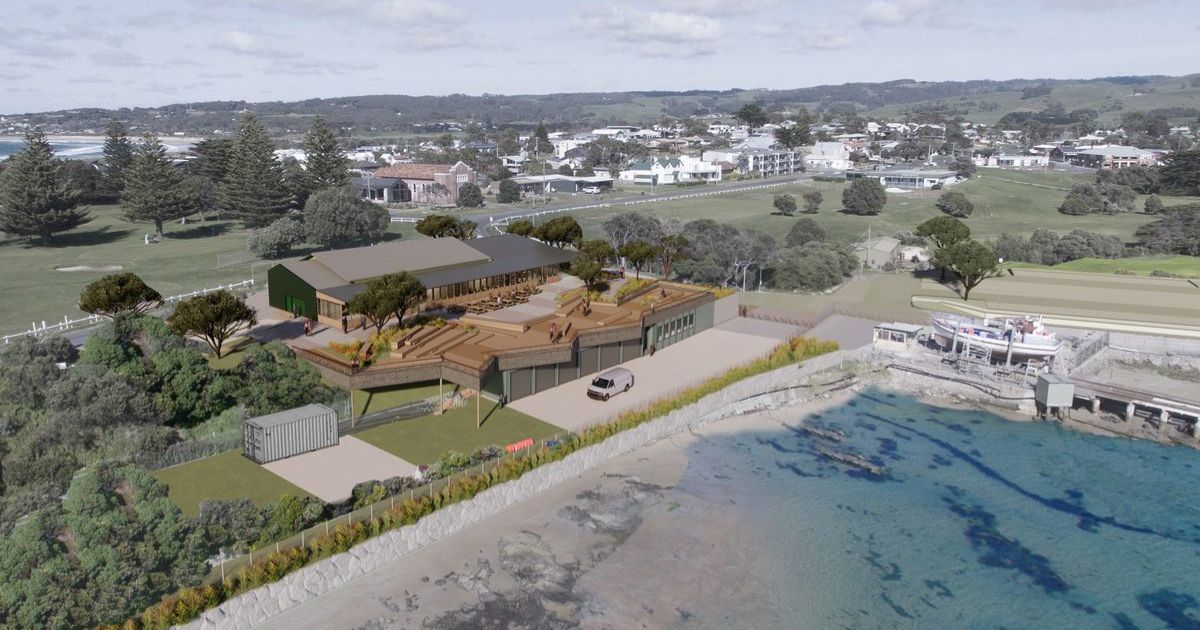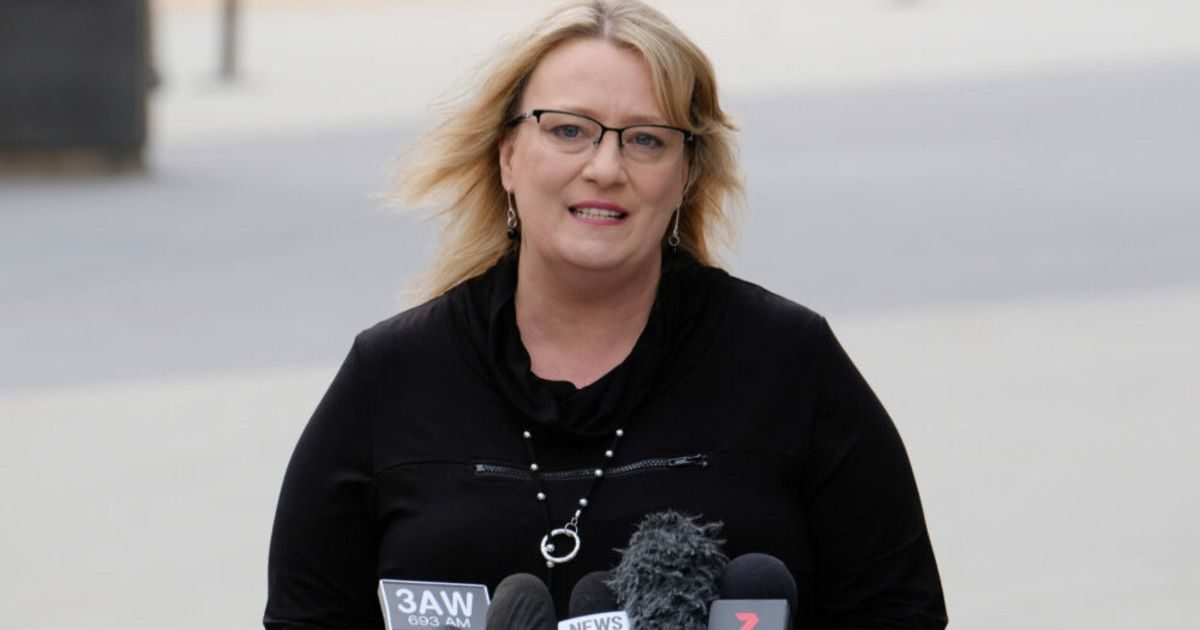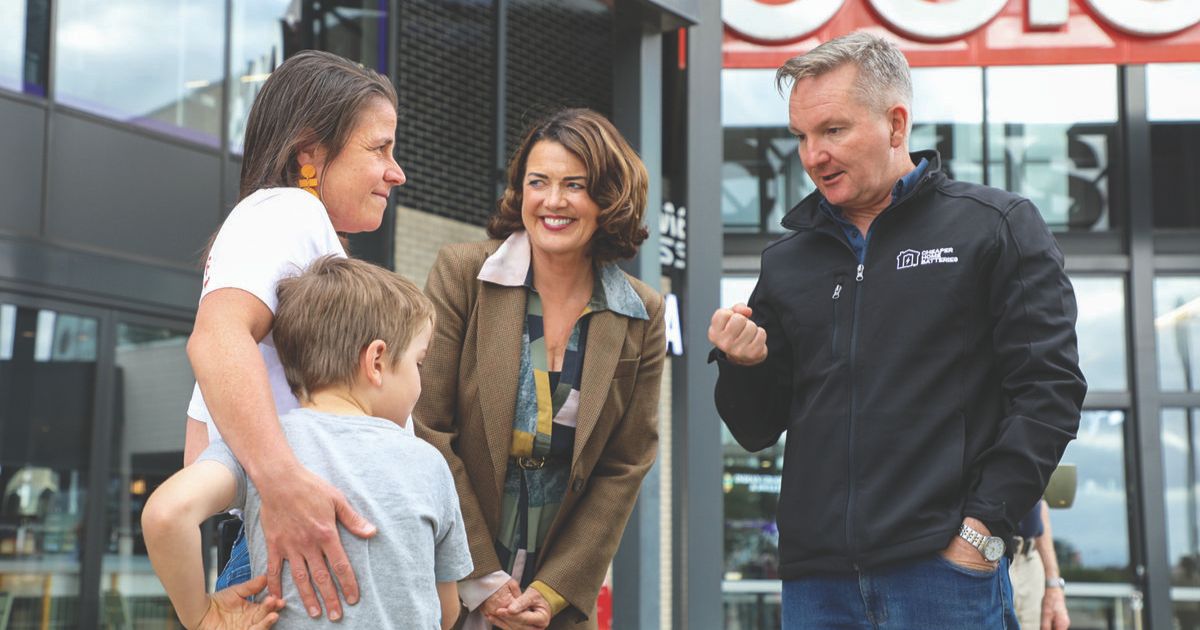MegaRail makes it to next stage of prospectus
PROPONENTS of a $15 billion bid to cut travel times between Geelong and Melbourne to 17 minutes has made it to the second stage of a federal government prospectus.
The Australian-owned MegaRail consortium would build a single high speed rail (HSR) service between Geelong and Dandenong capable of speeds up to 350kmh, with peak hour services every 10 minutes.
The trip from Geelong to Melbourne would take 17 minutes; and Melbourne to Dandenong would take 13 minutes. By comparison, the travel time for an existing V/Line service between Geelong and Dandenong is about 100 minutes.
The consortium includes transport planning firm AWTY Transport Consulting Pty Ltd, Philip Norman and Associates Pty Ltd, Monash University Institute of Rail Technology, RMIT University School of Aerospace, Mechanical and Manufacturing Engineering, among others.
The bid has been submitted to the Faster Rail Prospectus, announced in the 2017/18 budget, which is exploring improvements to the rail connections between cities and surrounding regional areas through $20 million in funding.
Initial modelling suggests MegaRail will attract 24,000 passenger trips per hour in peak periods – equivalent to the vehicle capacity of a 12-lane freeway.
The HSR service, intended to be built in existing railway corridors, would have 16-car trains to accommodate expected demand, with all passengers seated for comfort, productivity and safety.
MegaRail says housing affordability will increase as new outer suburban and regional areas become more accessible, and estimates property values between Melbourne and Geelong will rise by about $7.4 billion.
The environmental benefits would also be significant, with HSR emitting four kilograms of CO2 emissions per 100 passenger kilometres, versus 14 kilograms for private cars and 17 kilograms for planes; and carrying 170 passengers for every kilowatt of energy compared to fast trains (106), commuter trains (90), bus (54), cars (30) and aeroplanes (20).
Of the proposals lodged in stage 2 – which closed last week – the federal government will pick up to three to provide matched funding to develop a business case.
Stage 3 participants will be announced in January.


















